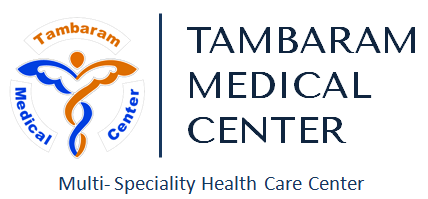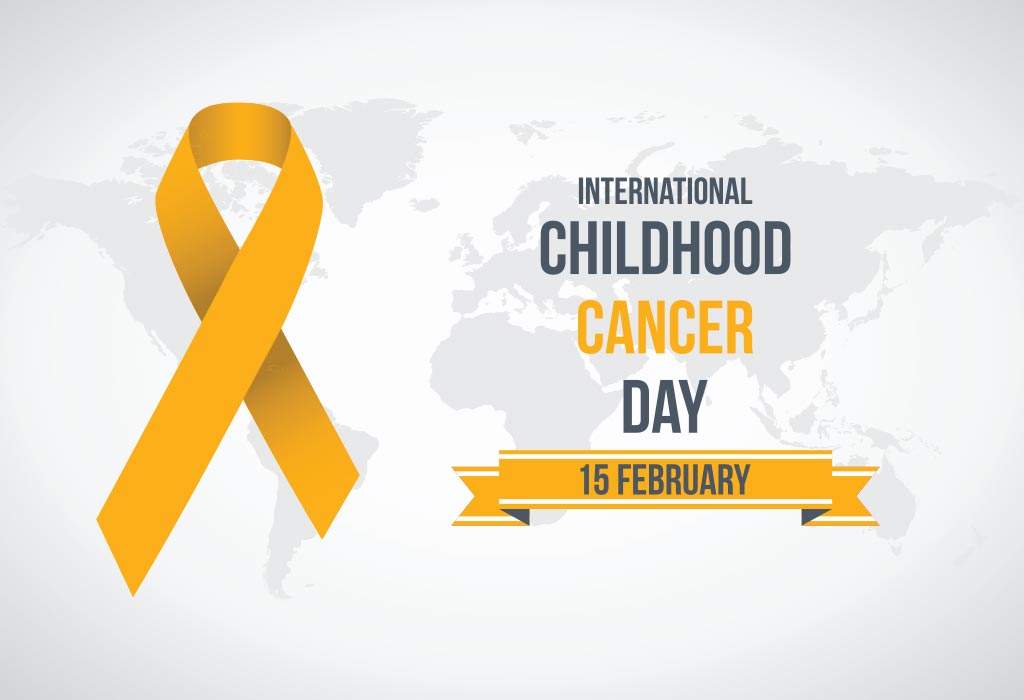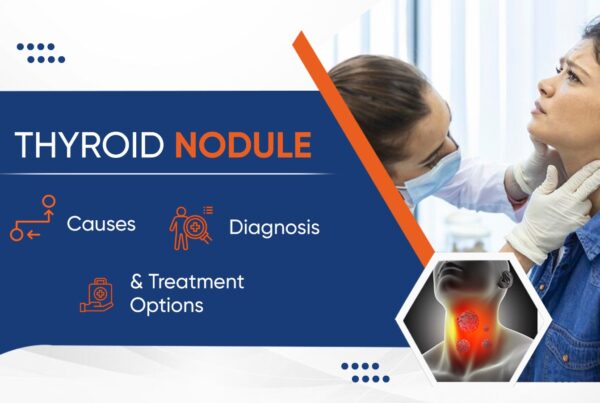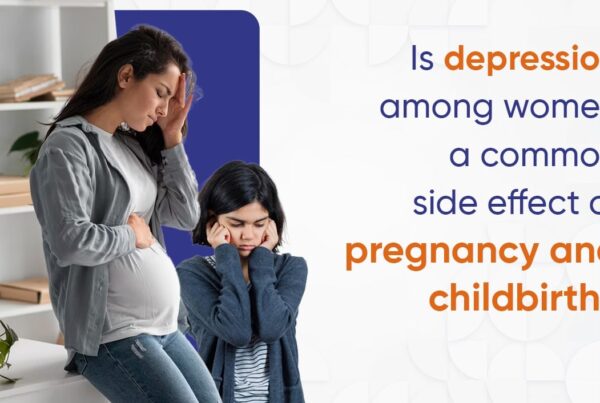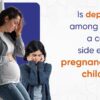Table of Contents
INTERNATIONAL CHILDHOOD CANCER DAY
People all over the world try to raise awareness about childhood cancer on February 15. Every year, International Pediatric Cancer Day happens on that day.
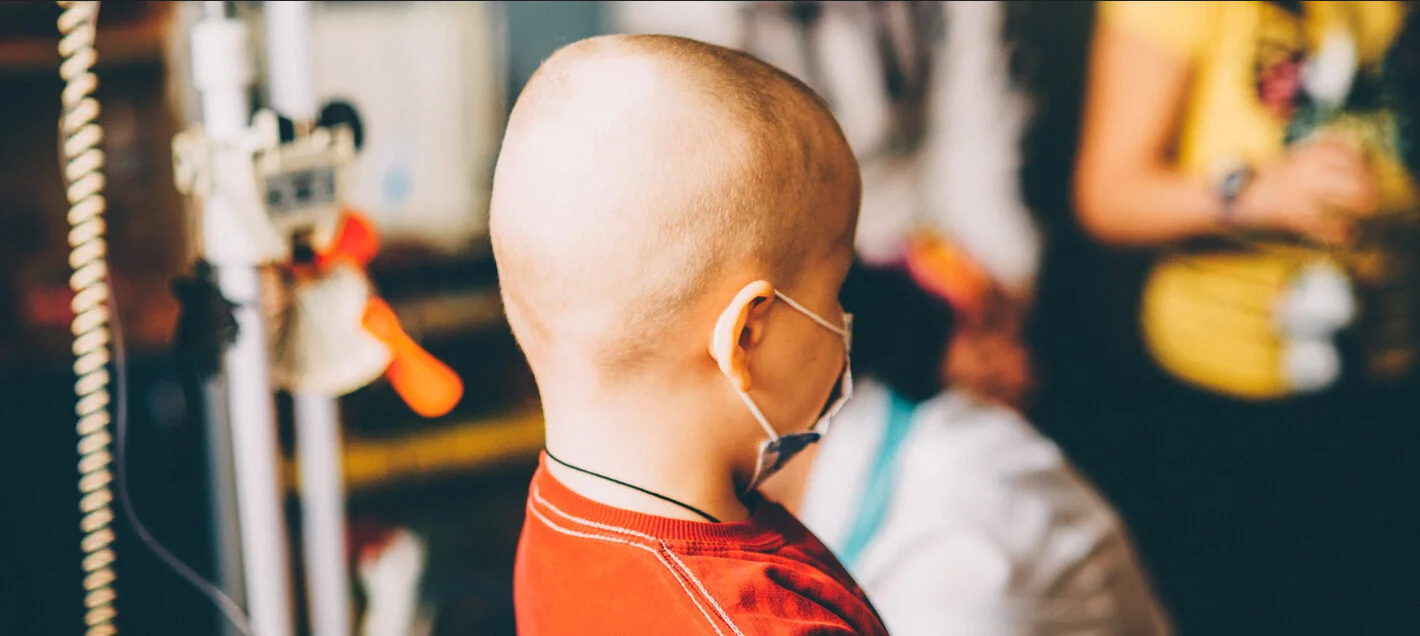 This biennial event was started in 2002 by Children Cancer International, a global network of 176 parent organizations, child cancer survivor organizations, pediatric cancer support groups, and cancer societies in over 93 countries across five continents. The main idea behind Childhood Cancer International is that every child and teen with cancer, no matter where they come from, what race they are, how well they are taking care of themselves, or how much money they have, should get the best medical and psychological treatment possible.
This biennial event was started in 2002 by Children Cancer International, a global network of 176 parent organizations, child cancer survivor organizations, pediatric cancer support groups, and cancer societies in over 93 countries across five continents. The main idea behind Childhood Cancer International is that every child and teen with cancer, no matter where they come from, what race they are, how well they are taking care of themselves, or how much money they have, should get the best medical and psychological treatment possible.
Every year, 300,000 children aged between 0 and 19 are diagnosed with cancer, as per the World Health Organization. A youngster dies of cancer every 3 minutes. The great majority of children with cancer reside in low and middle-income countries, where they confront unacceptable inequalities in early diagnosis, treatment, and access to high-quality palliative care. Children in low-income countries have poorer outcomes, posing a danger to social cohesiveness, economic success, and the attainment of global goals set out in the 2030 UN Agenda for Sustainable Development.
Most Common forms of Childhood Cancer:
- Leukemia
- Cancer of the brain
- Lymphoma
- Neuroblastoma
Early detection and good medical care, according to healthcare authorities, can assist in avoiding cancer fatalities. More than 80% of children with cancer in high-income nations are cured. The opposite is the case in low- and middle-income countries. In these nations, only approximately 20% of children with cancer are cured.
Early Detection:
In recent years, significant advancements in the treatment of juvenile cancer have resulted in improved patient survival rates. However, considering the complexity of modern treatment applications, children with cancer must be directed to centres with specialised human and technical resources and treated by paediatric onco-haematology specialists as soon as possible. As a result, it’s critical that parents and healthcare providers recognize the early signs and symptoms and are ready to intervene when they occur. Primary care professionals can use Early Diagnosis of Childhood Cancer to spot cancer symptoms early on.
World Health Organisation:
WHO has launched a Global Initiative on Childhood Cancer to help more children survive childhood cancer. By 2030, the effort hopes to achieve a 60% survival rate for children with cancer. This would result in the saving of one million lives. Every country must provide high-quality services for children with cancer in order to reach this goal. Childhood cancer must also be given higher priority at the national and international levels. Through advocacy, leveraged funding, and governance, WHO intends to cure all children with cancer.
- WHO believes that a C.U.R.E. can be achieved by:
- Care Networks and Centers of Excellence
- Health Insurance for All
- Management Regimens
- Monitoring and Assessment
The good news is that this project has a chance to succeed. Childhood malignancies, despite their great occurrence, are highly treatable.
The Importance of the International Childhood Cancer Day in 2022:
Because all children and adolescents suffering from this illness deserve medical, financial, and emotional support. Childhood cancer is a prominent reason for nondeath in children and adolescents in both developed and developing countries. A lack of understanding of this ailment, a delay in diagnosis, and a lack of effective treatment and care can all lead to death. To increase awareness of childhood cancer, the International Childhood Cancer Day was founded. International Childhood Cancer Day is a worldwide movement that encourages people and organizations to help cancer patients, their families, and survivors. It increases cancer awareness and underlines the importance of expanding access to care for children all across the world.
How Can You Participate In International Childhood Cancer Day?
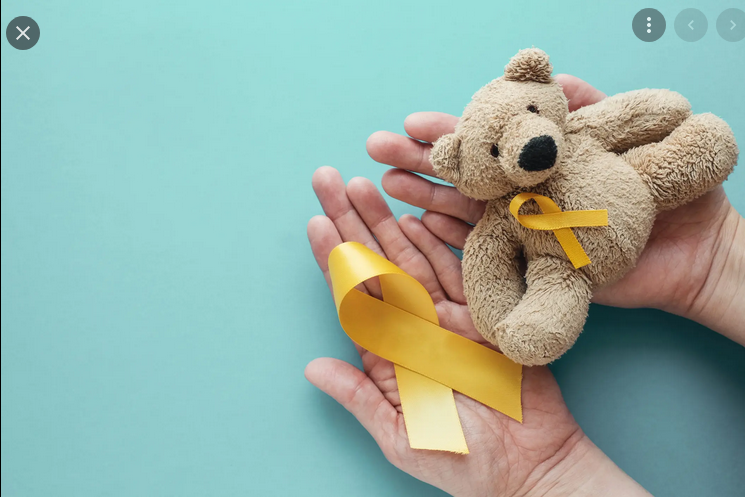
Many health organizations, hospitals, colleges, and universities, as well as healthcare professionals, offer public education events about childhood cancer. To take part, you must:
- Donate to a charity that is attempting to find a cure for kids’ cancer.
- Wear a gold ribbon to offer your support for the child who has been diagnosed with cancer.
- Read inspiring accounts of childhood cancer survivors.
- Pray for all childhood malignancies to be cured.
- Encourage children with cancer and show your appreciation for their families if you know one.
To help raise awareness for this day, use the hashtags # InternationalChildhoodCancerDay or # ICCD on social media.
As parents, individuals, and human beings, we have a responsibility to ensure the health and wellbeing of children. So, instead of standing by, let us assist these children in realising their aspirations of developing into adults and changing the world. Their energy is the lifeblood of society, a shared enthusiasm that has the potential to bring us together as a global community.
